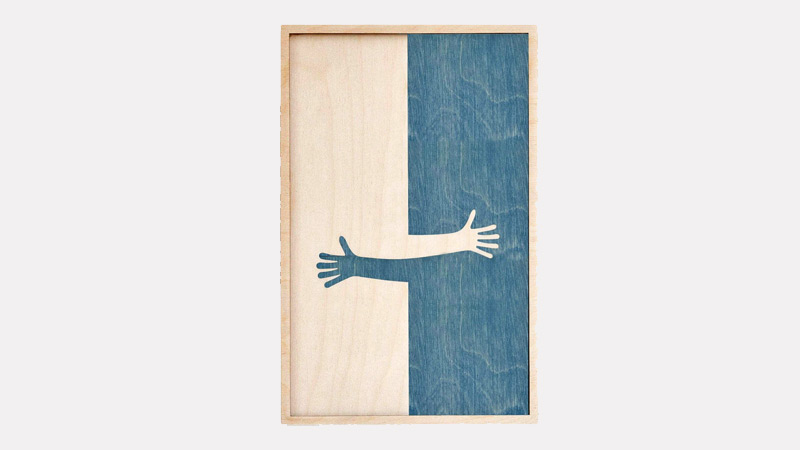While limiting physical contact helps prevent germs spread, hugging might boost your immune system. Dr. Arroll cites a study showing that people who get more hugs are less likely to catch a cold and experience milder symptoms if they get sick
The Covid-19 pandemic changed a lot about how we live, especially how we connect with each other. For many people, the pandemic made it clear how vital hugging is. In fact, many say they won’t take hugging for granted ever again. Audrey Stephenson, a therapist, explains that hugging isn’t just about feeling close — it does much more for us. It helps soothe our emotions, keeps our brain and heart balanced, and creates a deep connection. Losing that can hit us harder than we might think.
Powerful
Hugs release oxytocin, which boosts our mood and reduces stress. We might start noticing subtle changes when we don’t get enough hugs. For instance, you might eat or drink differently, have trouble sleeping, or feel more irritable. Dr. Meg Arroll suggests that if you can’t hug your loved ones, you should at least talk about how you’re feeling with friends and family. This can help bridge the gap when hugs aren’t possible.
Mental boost
The impact of social distancing on mental health has been significant for many people. According to research, 80% of UK adults said physical distancing negatively affected their mental well-being. But hugging, when we can, offers a quick and free way to improve our mood. Dr. Rachel Chin, a clinical psychologist, says that hugs trigger the release of oxytocin, which makes us feel more relaxed and secure. Even a short hug can help us feel more connected and less isolated.
Right timing
We’ve all experienced those awkward moments when a hug lasts too long. Audrey Stephenson points out that the length of a hug can influence its benefits.
A brief hug might help us feel connected, while a more extended hug can help us sync our breathing and heartbeats, which brings more peace and relaxation. It’s all about the right timing and the hug quality, which can affect how we feel afterward.
Childhood connection
Hugging also taps into memories from when we were kids. Audrey explains that being hugged can trigger feelings of comfort from childhood. If you didn’t receive much affection growing up, it might affect your adult relationships. But don’t worry — therapy and self-awareness can help you build secure connections even if you didn’t start with them.
Health
Here’s an interesting fact: while limiting physical contact helps prevent germs spread, hugging might boost your immune system. Dr. Arroll cites a study showing that people who get more hugs are less likely to catch a cold and experience milder symptoms if they get sick. So, even though hugging can help with health, always follow any health guidelines and recommendations.
Alternatives
If hugging isn’t an option, there are other ways to boost your mood. Smiling, making eye contact, and using warm verbal expressions can have similar effects. You might also try cuddling a pillow sprayed with a calming scent or other comforting objects to help soothe yourself.
Pets
Got a pet? They can be great for your mental health, too. Studies show that petting dogs mainly breeds like Labradors or Poodles, can lower stress and improve mood. Even just 15 minutes of petting a dog can lower blood pressure and help with health issues like Alzheimer’s and heart disease. Cats, like Sphynx and Ragdoll breeds, are also known for their comforting presence and can help with depression.
Looking to the Future
As we face the possibility of future pandemics, the way we show affection might continue to evolve. Dr. Arroll notes that different cultures have various ways of greeting and showing affection, and what feels unusual now might become more common. While virtual hugs can be a nice gesture, they don’t quite match the emotional impact of a real hug. Despite the changes, we’re adaptable, and new ways of connecting will continue to evolve.









